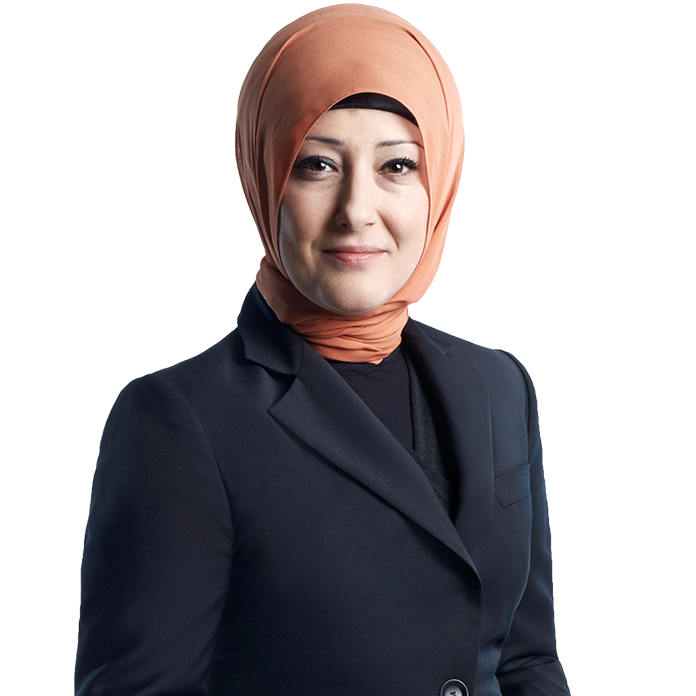The expected happened. When northern Iraqi Kurdistan Regional Government (KRG) leader Masoud Barzani disregarded Turkey’s repeated warnings and insisted on his decision to hold the referendum, the predicted scenario came to be. Jalal Talabani’s forces took Kirkuk within four hours and withdrew after handing it over to the Iraqi military. What was left for Barzani was to lose what he had – Kirkuk – in pursuit of independence.
At the current point, it is being said that Talabani, the second most important element in northern Iraq, actually made a deal with Iran and is closer to the Kurdistan Workers’ Party (PKK) terrorist organization than Barzani. Some opposition segments here say that Turkey imposing sanctions on Barzani’s northern Iraq – or at least withdrawing its previous strong support – will, consequently, signify support to this trio, namely Talabani, Iraq’s central administration and Iran. If it was up to them, Barzani is, in comparison to Talabani which has rapport with the PKK, the Sunni slaughterer Hashd al-Shaabi, and the Iraqi central administration, the lesser of the two evils.
What’s worse is that as the KRG is very small, it is quite open to manipulation. Turkey to approve Barzani’s referendum while the efforts of the sovereign forces in the region to build a Kurdish state are so obvious, would be to shoot itself in the foot. Moreover, even Israel embracing this referendum with great enthusiasm, was enough to require Turkey to add an annotation.
The answer to the question, “So, what happened now? Are we now in need of the Sunni slaughtering Hashd al-Shaabi?” was actually given by President Recep Tayyip Erdoğan the other night on his return from Warsaw: In reference to both the Hashd al-Shaabi and the Peshmerga, he said, “Turkey is bound to nobody.” Erdoğan, who stated that we are the ones to determine our policy and capacity to move and that we will take steps accordingly said: “As you know, this is not a new process. It started months ago. We explained these matters to Barzani and his nephew on many occasions.
We said, ‘The course you are taking is not good, you are doing the wrong thing, come and let’s work these matters out.’ We said, ‘You didn’t do what was necessary in the fight against the PKK, you did not keep the promises you made to us, but we always helped you and are continuing to do so.’ We send our special representatives and, as if we were in their debt, they displayed a different approach toward our representatives.”




















